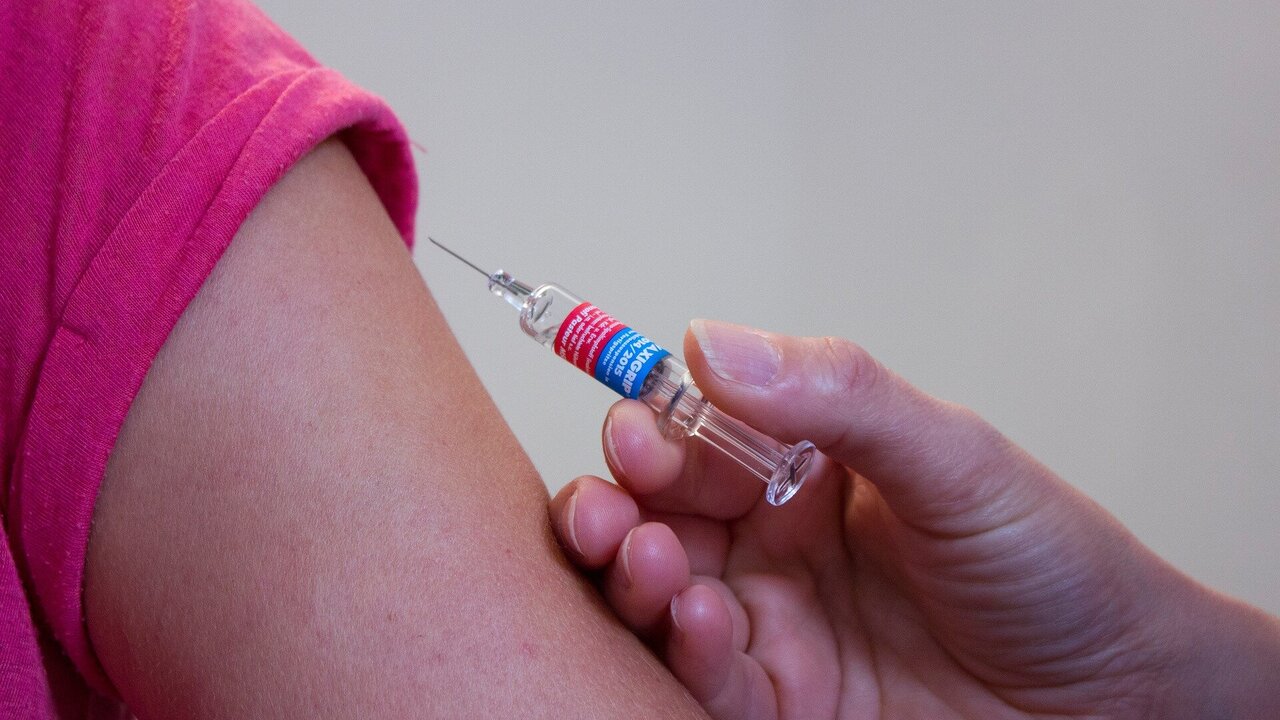-
Faculty of Arts and HumanitiesDean's Office, Faculty of Arts and HumanitiesJakobi 2, r 116-121 51005 Tartu linn, Tartu linn, Tartumaa EST0Institute of History and ArchaeologyJakobi 2 51005 Tartu linn, Tartu linn, Tartumaa EST0Institute of Estonian and General LinguisticsJakobi 2, IV korrus 51005 Tartu linn, Tartu linn, Tartumaa EST0Institute of Philosophy and SemioticsJakobi 2, III korrus, ruumid 302-337 51005 Tartu linn, Tartu linn, Tartumaa EST0Institute of Cultural ResearchÜlikooli 16 51003 Tartu linn, Tartu linn, Tartumaa EST0Institute of Foreign Languages and CulturesLossi 3 51003 Tartu linn, Tartu linn, Tartumaa EST0School of Theology and Religious StudiesÜlikooli 18 50090 Tartu linn, Tartu linn, Tartumaa EST0Viljandi Culture AcademyPosti 1 71004 Viljandi linn, Viljandimaa EST0Professors emeriti, Faculty of Arts and Humanities0Associate Professors emeriti, Faculty of Arts and Humanities0Faculty of Social SciencesDean's Office, Faculty of Social SciencesLossi 36 51003 Tartu linn, Tartu linn, Tartumaa EST0Institute of EducationJakobi 5 51005 Tartu linn, Tartu linn, Tartumaa EST0Johan Skytte Institute of Political StudiesLossi 36, ruum 301 51003 Tartu linn, Tartu linn, Tartumaa EST0School of Economics and Business AdministrationNarva mnt 18 51009 Tartu linn, Tartu linn, Tartumaa EST0Institute of PsychologyNäituse 2 50409 Tartu linn, Tartu linn, Tartumaa EST0School of LawNäituse 20 - 324 50409 Tartu linn, Tartu linn, Tartumaa EST0Institute of Social StudiesLossi 36 51003 Tartu linn, Tartu linn, Tartumaa EST0Narva CollegeRaekoja plats 2 20307 Narva linn, Ida-Virumaa EST0Pärnu CollegeRingi 35 80012 Pärnu linn, Pärnu linn, Pärnumaa EST0Professors emeriti, Faculty of Social Sciences0Associate Professors emeriti, Faculty of Social Sciences0Faculty of MedicineDean's Office, Faculty of MedicineRavila 19 50411 Tartu linn, Tartu linn, Tartumaa ESTInstitute of Biomedicine and Translational MedicineBiomeedikum, Ravila 19 50411 Tartu linn, Tartu linn, Tartumaa ESTInstitute of PharmacyNooruse 1 50411 Tartu linn, Tartu linn, Tartumaa ESTInstitute of DentistryL. Puusepa 1a 50406 Tartu linn, Tartu linn, Tartumaa ESTInstitute of Clinical MedicineL. Puusepa 8 50406 Tartu linn, Tartu linn, Tartumaa ESTInstitute of Family Medicine and Public HealthRavila 19 50411 Tartu linn, Tartu linn, Tartumaa ESTInstitute of Sport Sciences and PhysiotherapyUjula 4 51008 Tartu linn, Tartu linn, Tartumaa ESTProfessors emeriti, Faculty of Medicine0Associate Professors emeriti, Faculty of Medicine0Faculty of Science and TechnologyDean's Office, Faculty of Science and TechnologyVanemuise 46 - 208 51003 Tartu linn, Tartu linn, Tartumaa ESTInstitute of Computer ScienceNarva mnt 18 51009 Tartu linn, Tartu linn, Tartumaa ESTInstitute of GenomicsRiia 23b/2 51010 Tartu linn, Tartu linn, Tartumaa ESTEstonian Marine Institute0Institute of PhysicsInstitute of ChemistryRavila 14a 50411 Tartu linn, Tartu linn, Tartumaa EST0Institute of Mathematics and StatisticsNarva mnt 18 51009 Tartu linn, Tartu linn, Tartumaa EST0Institute of Molecular and Cell BiologyRiia 23, 23b - 134 51010 Tartu linn, Tartu linn, Tartumaa ESTTartu ObservatoryObservatooriumi 1 61602 Tõravere alevik, Nõo vald, Tartumaa EST0Institute of TechnologyNooruse 1 50411 Tartu linn, Tartu linn, Tartumaa ESTInstitute of Ecology and Earth SciencesJ. Liivi tn 2 50409 Tartu linn, Tartu linn, Tartumaa ESTProfessors emeriti, Faculty of Science and Technology0Associate Professors emeriti, Faculty of Science and Technology0Institute of BioengineeringArea of Academic SecretaryHuman Resources OfficeUppsala 6, Lossi 36 51003 Tartu linn, Tartu linn, Tartumaa EST0Area of Head of FinanceFinance Office0Area of Director of AdministrationInformation Technology Office0Administrative OfficeÜlikooli 17 (III korrus) 51005 Tartu linn, Tartu linn, Tartumaa EST0Estates Office0Marketing and Communication OfficeÜlikooli 18, ruumid 102, 104, 209, 210 50090 Tartu linn, Tartu linn, Tartumaa EST0Area of Vice Rector for DevelopmentCentre for Entrepreneurship and InnovationNarva mnt 18 51009 Tartu linn, Tartu linn, Tartumaa EST0University of Tartu Natural History Museum and Botanical GardenVanemuise 46 51003 Tartu linn, Tartu linn, Tartumaa EST0International Cooperation and Protocol Office0University of Tartu MuseumLossi 25 51003 Tartu linn, Tartu linn, Tartumaa EST0Area of RectorRector's Strategy OfficeInternal Audit OfficeArea of Vice Rector for Academic AffairsOffice of Academic Affairs0University of Tartu Youth AcademyUppsala 10 51003 Tartu linn, Tartu linn, Tartumaa EST0Student Union OfficeÜlikooli 18b 51005 Tartu linn, Tartu linn, Tartumaa EST0Centre for Learning and TeachingArea of Vice Rector for ResearchUniversity of Tartu LibraryW. Struve 1 50091 Tartu linn, Tartu linn, Tartumaa EST0Grant Office
Recent study: third vaccine dose ensures longer protection against coronavirus

In anticipation of the new wave of Covid-19, Estonia has started to administer the fourth vaccine dose, but many people have not received the third dose yet. A recent study shows that after the third vaccination, the antibody count in the body persists at a higher level than after the second dose.
A collaborative study by researchers of the University of Tartu, Synlab and Icosagen investigated the persistence of antibody levels in approximately one hundred individuals after receiving the third dose of the Pfizer vaccine. After the vaccination, participants in the study gave a blood test, and antibodies and T cells were measured to see whether the person had developed a cellular immune response.
One of the authors of the study Pärt Peterson, Professor of Molecular Immunology at the University of Tartu, said that the longer the period between vaccinations, the bigger the decrease in antibodies. For subsequent vaccinations, it is essential to know how long the immune response lasts. According to the study, the antibody level will significantly increase after the third dose of the vaccine. "Over time, the level decreases and, naturally, such change also occurs after the third dose. However, after six months, the antibody level was still on average six times higher than the level half a year after the second dose of vaccine," Pärt Peterson explained.
At the beginning of the Covid-19 pandemic, the Wuhan strain was circulating, while now it is mainly the Omicron strain that causes the illness. Current vaccines achieve a better immune response to the Omicron variant, especially after the third dose. The study investigated the ability of antibodies to block the binding of the virus spike protein to the ACE2 receptor in human cells. "The results showed that the antibodies ability to block the virus spike declines over time. For example, their ability to block the spike protein of the Omicron variant circulating since 2022 from binding to the ACE2 receptor had weakened. The main reason for this is the changed structure of the Omicron spike protein compared to other virus variants," Peterson added.
The researchers also looked into the cellular immune response to the virus. The third booster dose significantly affected the formation of memory T cells, i.e. cellular immune response. "97 per cent of the people who had received the third dose had memory T cells. It is a very positive fact as many earlier studies have confirmed that T cells are the most important in preventing severe Covid-19."
Currently, 36 per cent of the population have received the booster dose in Estonia. According to Pärt Peterson, the third dose is worth taking, and people over 60 years of age and those with concomitant diseases should also get the fourth dose.
The results of the study were published in the journal Cell Reports Medicine. The study was conducted in the cooperation of three institutions. Its authors included Paul Naaber, Kai Kisand, Uku Haljasorg, Epp Sepp, Liis Haljasmägi, Kadri Kangro, Marite Punapart, Liina Tserel, Virge Jürjenson, Jaanika Kärner, Marilin Kuusk, Eve Sankovski, Anu Plankenm, Mart Ustav, Eva Žusinaite, Joachim M. Gerhold and Pärt Peterson.
Read more similar news






